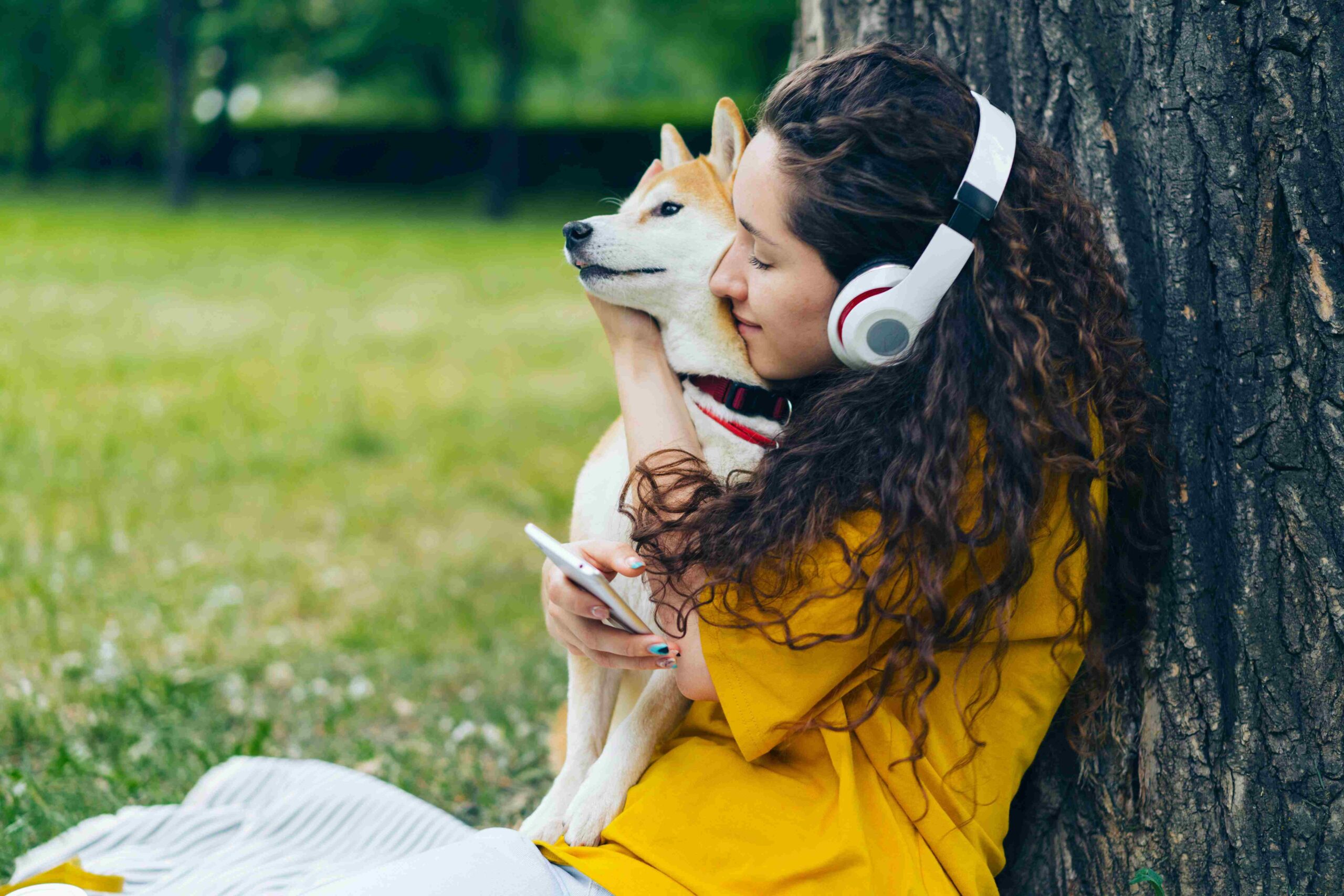
How Music Affects the Human Brain
Article Level: A1-A2
Explanation: This article explains how music affects the human brain in simple ways. It shows how music changes our mood, helps with memory, connects people, supports health, and improves learning and creativity.
Commonly Used Words from the Article
-
Brain /breɪn/ (noun): The organ in your head that controls thought and feeling.
Music can help the brain relax. -
Memory /ˈmɛməri/ (noun): The ability to remember things.
Music can improve your memory. -
Relax /rɪˈlæks/ (verb): To become calm and less worried.
Slow music helps me relax at night. -
Energy /ˈɛnədʒi/ (noun): The strength to be active or move.
Fast songs give me energy. -
Connect /kəˈnɛkt/ (verb): To join or feel close to someone.
Music helps people connect with others.
Audio File of the Article
Read more: How Music Affects the Human Brain

How Music Affects the Human Brain
Music is a big part of our daily lives. We listen to music when we are happy, sad, tired, or excited. Music is not just entertainment. It also has a strong effect on the human brain. Scientists say that music can change how we feel, think, and behave. In this article, we will learn how music affects the brain in simple ways.
First, music can change our feelings. When we hear a fast and happy song, we may feel more energetic and positive. Happy music can make us smile and feel good. Slow music, such as soft piano or calming sounds, can help relax the brain. Many people listen to slow music at night to reduce stress or to sleep better. Music is like a friend for our emotions.
Second, music can improve our memory. Some students like to listen to music while they study. Soft background music can help us focus and remember information more easily. For example, classical music is often used during study time because it is calm and does not disturb the brain. Some teachers also use songs in the classroom to help students learn new words.
Another way music affects the brain is by helping us connect with others. Music brings people together. When we sing, dance, or listen to music with friends, our brains release chemicals that make us feel happy and connected. This is why concerts, festivals, and music events are enjoyable. Music is a universal language. People from different countries can enjoy the same song, even if they do not speak the same language.
Music also plays a role in health and healing. Doctors use music therapy to help patients feel better. Music therapy is a type of treatment that uses music to improve a person’s emotional and mental health. For example, listening to relaxing music can reduce pain and anxiety for hospital patients. It can also help people who feel lonely or depressed.
Finally, playing a musical instrument is good for the brain. When we learn to play the guitar, piano, or violin, the brain works in many ways at the same time. It helps improve coordination, focus, and creativity. Children who learn music at a young age often develop better listening and problem-solving skills.
In conclusion, music is powerful. It affects the human brain in many positive ways. It can change our moods, help us study, bring people together, and support our health. Music is more than sound. It is a tool that makes life better and more colourful.

Grammar Notes
-
-
Present Simple to describe facts and habits.
-
Example: “Music brings people together.”
-
-
Can to show ability or possibility.
-
Example: “Music can change our feelings.”
-
-
Comparatives to compare ideas.
-
Example: “Classical music is calmer than pop music.”
-
Mini Lesson: Using “can” for Ability and Possibility
We use can to talk about what is possible or what someone is able to do.
Structure: Subject + can + verb-
Music can help us relax.
-
Students can learn better with music.
-
Join Our FREE English Grammar Course and improve your grammar skills!

Five Questions Based on the Article
-
-
-
How can happy music make us feel?
-
Why do some students listen to music while studying?
-
What is music therapy used for?
-
How does music help people connect with others?
-
What skills can children develop by learning music?
-
-
Join Our FREE Weekly English-speaking Class and improve your speaking skills!

We’d love to hear your thoughts! Join the conversation by leaving a comment below. Sharing your insights, questions, or experiences can help you connect with others in our English learning community. It’s a great way to practice your English skills, engage with like-minded individuals, and improve together. Don’t be shy—jump in and let’s keep the discussion going!

 EnglishMasteryHub
EnglishMasteryHub